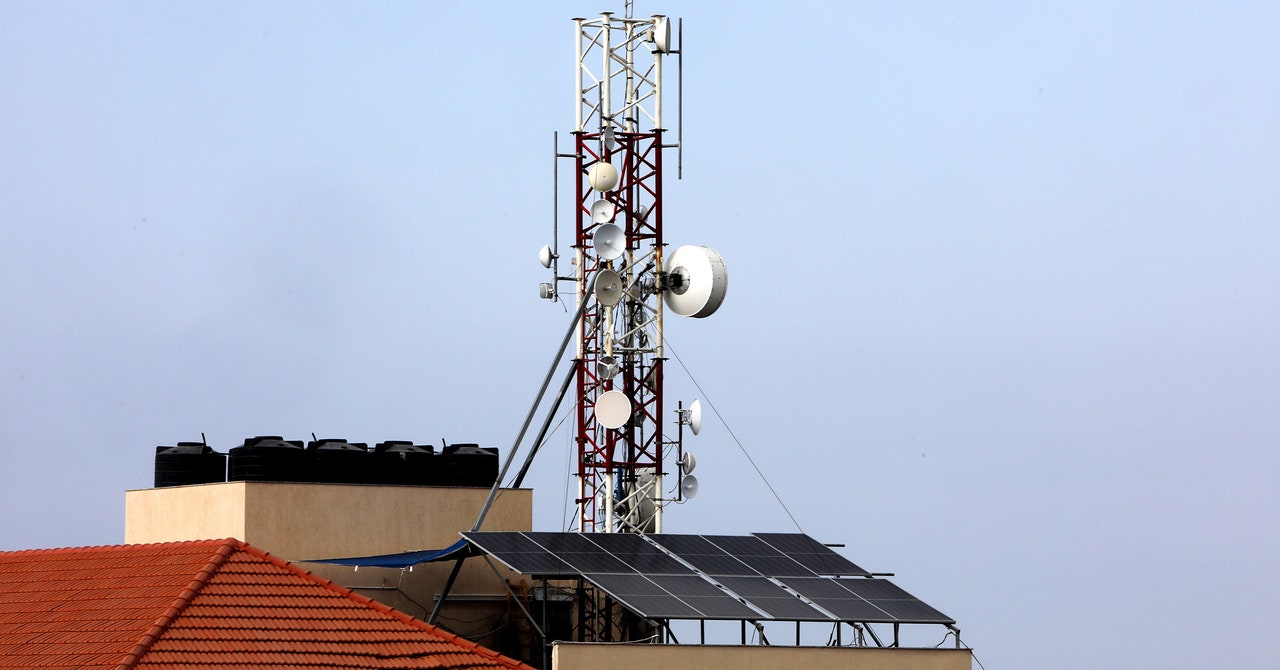Internet Blackouts in Gaza Are a New Weapon in the Israel-Hamas War

The article from Wired is about how the internet has become a weapon of war between Israel and Gaza. It explains how the Israeli government has routinely blocked access to the internet for citizens in Gaza, as well as how these blackouts have impacted both sides. The article also looks at how the use of the internet as a tool for warfare has changed over time, with more sophisticated techniques emerging alongside the widespread use of mobile phones and other devices. Additionally, it examines the role of social media in amplifying the conflict, and the potential implications for international law.
Israel began blocking access to the internet in 2005, after Hamas took control of the Gaza Strip. Since then, it has used the tactic regularly, including during the 2014 war between Israel and Hamas, when almost all of Gaza's internet access was blocked. This can have serious consequences for the civilian population, as it prevents them from accessing essential services such as banking, health care, and education. It’s also difficult for journalists and human rights groups to document what is happening on the ground.
The blackout tactic has grown increasingly sophisticated over time. For example, during the 2014 war, Israel used sophisticated algorithms to target certain types of internet traffic, such as emails, while allowing others, such as phone calls, to go through. This allowed the Israeli government to “manipulate public opinion” by selectively blocking out information that supported their own narrative.
Social media is also playing an increasingly important role in the conflict. On one hand, it can be used to amplify messages of hate and fear, making it harder to reach a peaceful resolution. On the other hand, it is a powerful tool for getting the truth out and allowing citizens to organize and protest. For example, during the 2014 war, Palestinian activists used social media to call attention to the human rights violations being committed by both sides.
Finally, the article looks at the implications of this new form of warfare for international law. In particular, it raises questions about the legality of using the internet as a weapon, and whether there should be limits on what kind of information governments can block or manipulate. Overall, this article shines a light on the complex dynamics between Israel and Gaza, and how the internet has become an essential tool in the ongoing conflict.
Read more here: External Link